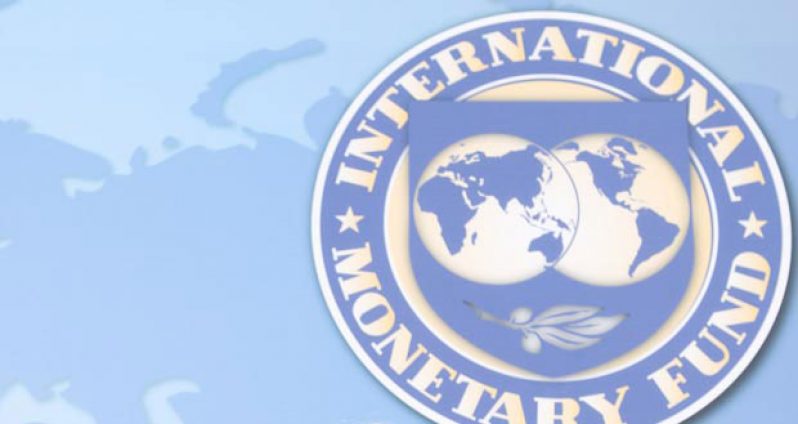THE Financial Action Task Force (FATF) has gifted Guyana with a reprieve in not recommending this country to the attention of the International Cooperation Review Group (ICRG), but this has not negated the “parliamentary struggle” that the current administration faces in undertaking passage of the Anti-Money Laundering and Countering the Financing of Terrorism (AML/CFT) (Amendment) Bill.

At the People’s Progressive Party’s (PPP’s) weekly press conference held at Freedom House on Robb Street yesterday, Party General Secretary Clement Rohee made this observation as he lauded the support Government had received in regard to passing the AML/CFT Bill from national and regional groups, as well as from the diplomatic corps. He stressed that the momentum gained on the matter to date must be maintained in pushing for the bill’s passage.
Rohee added that national awareness and consciousness on the matter are at a high point. “We have to maintain momentum,” he said.
CONSISTENT POSITIONS
Rohee pointed out that the leader of A Partnership for National Unity (APNU), Brigadier (retd) David Granger, has committed to cleaning up the anti-money laundering bill and to have it approved by the House before the Caribbean Financial Action Task Force (CFATF) meets again in May. However, he said, consistent positions from the coalition remains to be seen.
According to him, the “waffling positions” of the APNU were evidenced by the party’s member, Basil Williams, being unable to state a clear position when questioned on the three proposed amendments to the bill during a live television call-in programme. According to Rohee, regarding the proposed amendments, Williams adopted one position in the National Assembly and another outside the House.
The three amendments seek to: change the entire governing apparatus of the Financial Intelligence Unit (FIU); remove the ‘Attorney General’ wherever that name appears, and replace it with the FIU; and vest police or customs officers with a power to seize currency from any person anywhere in Guyana if those officers have reason to believe that acquisition of the currency proceeded from criminal activities or would be used to finance same.
“We have to be consistent with positions!” Rohee said, adding that he doubted the proposed amendments would secure public support. Government members on the Parliamentary Select Committee, where the amendments are being reviewed, have already indicated their non-support of the proposals.
Rohee explained that the proposed amendment to vest police or customs officers with a power to seize from any person anywhere in Guyana currency – which includes jewellery – worth $2M and over on the basis of mere suspicion is one, he is particularly following with a close eye.
He noted that this amendment is extremely problematic in that it could result in development of a new breed of criminals. He made it clear that moving to the area of prohibition of any sort would create a new dimension of underground activity, and he added that the problem of the lack of public confidence in enforcement officials presents an added dilemma in this case.
“This is not going to win support,” he said.
POLITICAL HYSTERIA
Rohee rejected claims that the current administration was engaging in political hysteria to whip up panic among the population. He pointed out that the CFATF was clear in its ruling in November — as was the statement by FATF in January — placing Guyana at the top of the list of delinquent countries that could qualify for ICRG review.
Rohee also said that, up to the last minute, Government was pushing for the passage of the bill at the National Assembly sitting on February 10, considering that FATF could have possibly reviewed Guyana’s case on February 13.
He acknowledged that Guyana did not send a team to the FATF meeting in Paris, France, but he said Guyana was not expected to send a team, given that CFAFT was responsible for briefing FAFT.
Rohee maintained that meeting the new deadline of February 28 is critical if Guyana is to avoid the dire consequences of blacklisting.
Come February 28, Guyana’s report to CFATF has to include its plan of action to correct its deficiencies as part of the ongoing process, as well as report on the status of the AML/CFT (Amendment) Bill.
A copy of the enacted bill is also expected to be analysed by CFATF and correlated to the deficiencies identified by the body at its November 2013 plenary meeting, before a report is made in May 2014.
Between February and May, it is expected that CFATF and the current administration would have dialogue and discussion in regard to preparation of the report for the CFATF Plenary.
If the May Plenary is dissatisfied with Guyana’s progress, CFATF’s November 2013 statement already provides for the country to be referred to FATF, which meets again in June 2014.
Written By Vanessa Narine




.png)









